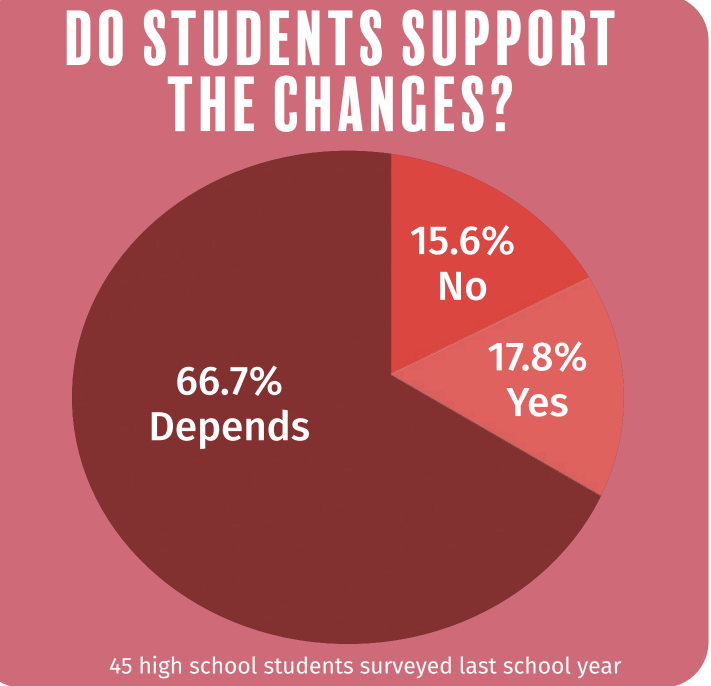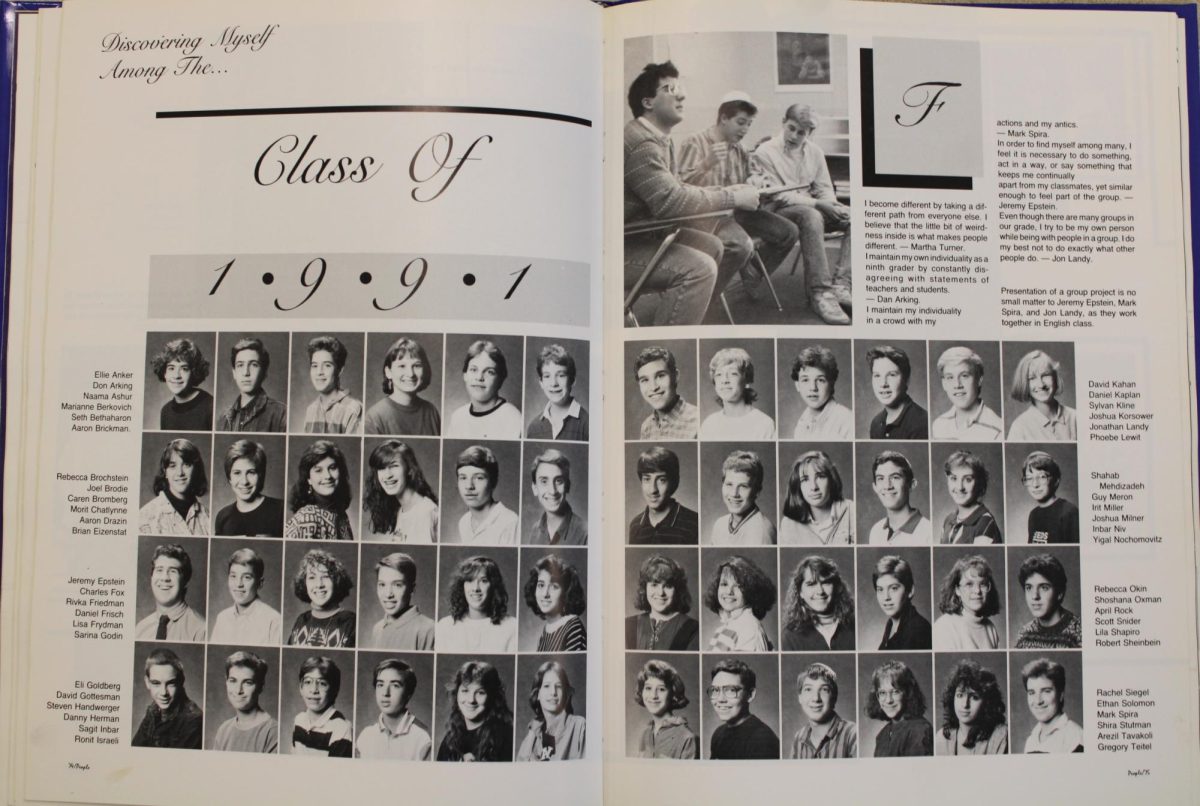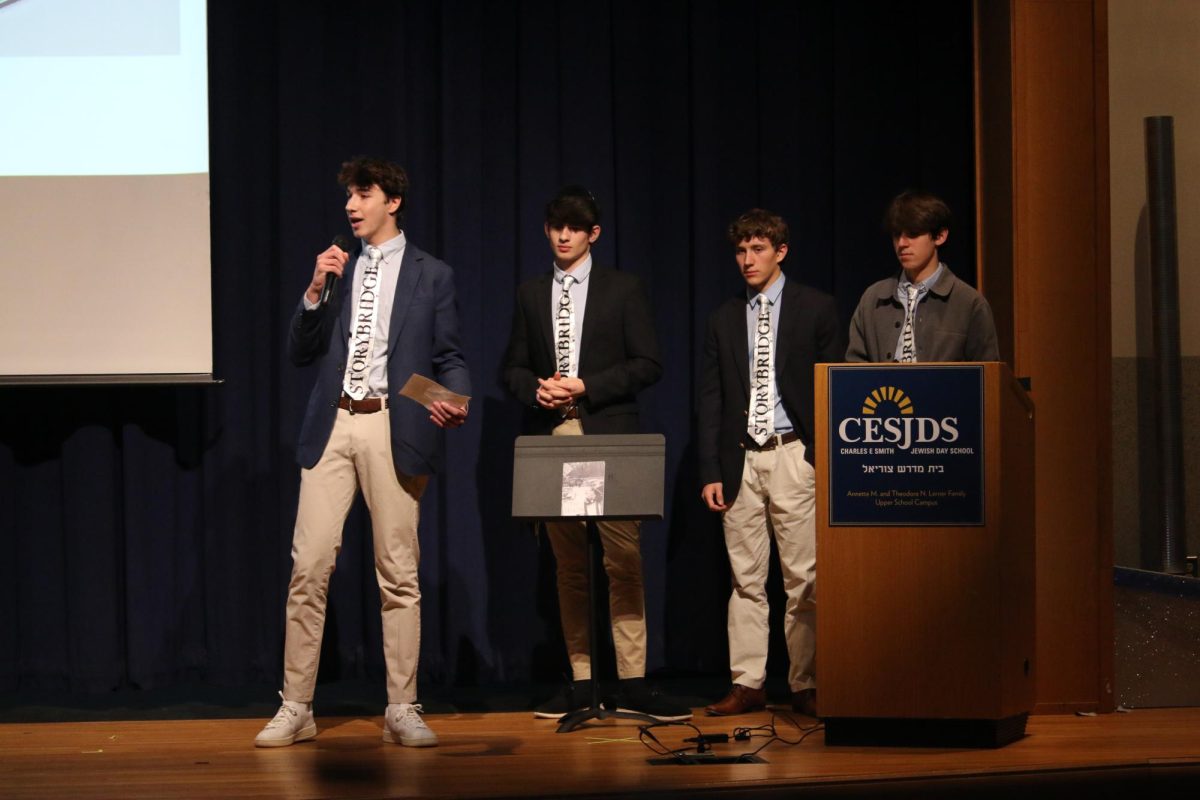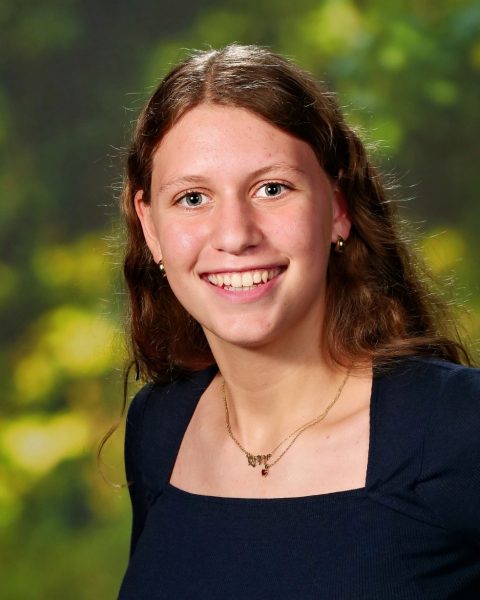The Grading for Learning policy that was introduced in the 2023-24 school year brought many changes to CESJDS’s grading policies, making it difficult for many students to fully understand the school’s policies. For the 2024-25 school year, teachers decided to form a more consistent set of guidelines that helps student follow the policy put in place.
Starting second semester of the 2023-24 school year, the Teacher Task Force on Grading for Learning met every other week to find ways to help implement Grading for Learning philosophies and practices within the school. This summer, many teachers at JDS (including ones not on the task force) also went to a conference with the National Association of Independent Schools (NAIS).
English Department Chair and Head of the Teacher Task Force on Grading for Learning Melissa Fisanich, along with other members of the task force, decided on four rules every teacher must follow. The four rules are: a minimum grade of 50% in the gradebook, the use of rubrics for grading summative assignments excluding tests, no progressive late penalty to the student’s grade for late work and retakes and redos will be offered in accordance with the department’s policy. While these four rules are set in stone, teachers will still have freedom to decide how to interpret other guidelines.
“It’s a philosophy that aims to make grading more accurate, more bias resistant and more motivational for the students,” Fisanich said.
The task force focused on a couple of policies from the past school year, one of which was the late work policy. In the coming school year there will not be a late work penalty, but work is still expected to be turned in on time. Students may ask for an extension if they need extra time. The task force has also focused on retakes, redos and retries.
“There were definitely some problems with [our] practices,” Fisanich said. “I think students were inadvertently taught to regard points as payment for work. And in a pluralistic Jewish day school are those our values? That we work for the payment of grades? Or is our value that we value our learning for learning’s sake? Our grading practices kind of didn’t line up with that, so that’s sort of what we’re after with this.”
Some of the new policies in the 23-24 school year included more retake opportunities, as well as a distinction between summative and formative assignments. In the past year some assignments were summative, while others, including most homework, were formative. This policy was different from previous years.
“[The retake policy has] been super helpful to me,” sophomore Lilah Sacks said. “It gives me a chance to show that I relearned the material that I didn’t understand as well the first time.”
Despite not being on the task force, High School Math Department Chair Reuben Silberman was one of the teachers who attended the conference this summer.
“I especially don’t like giving grades when students are … making decisions about what they’re going to do with their time and what they’re going to do with their energy that … are not actually helping them think and helping them learn,” Silberman said.
At the beginning of the summer, the teacher task force hosted a student panel to get feedback on what had and had not worked throughout the past year. Sacks, along with 14 other students, participated in this panel.
“[The policy] gives students the understanding and the ability to make mistakes, which is how you learn,” Sacks said. “And second chances give people opportunities to learn the material better and then they can do better.”









